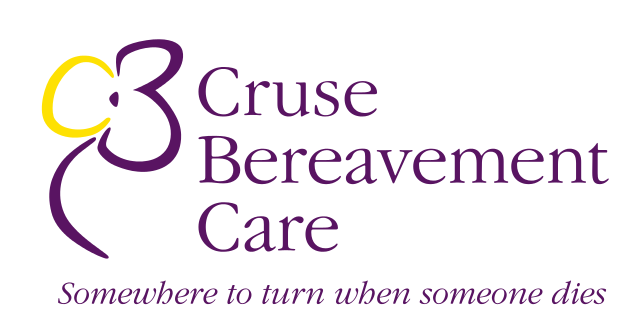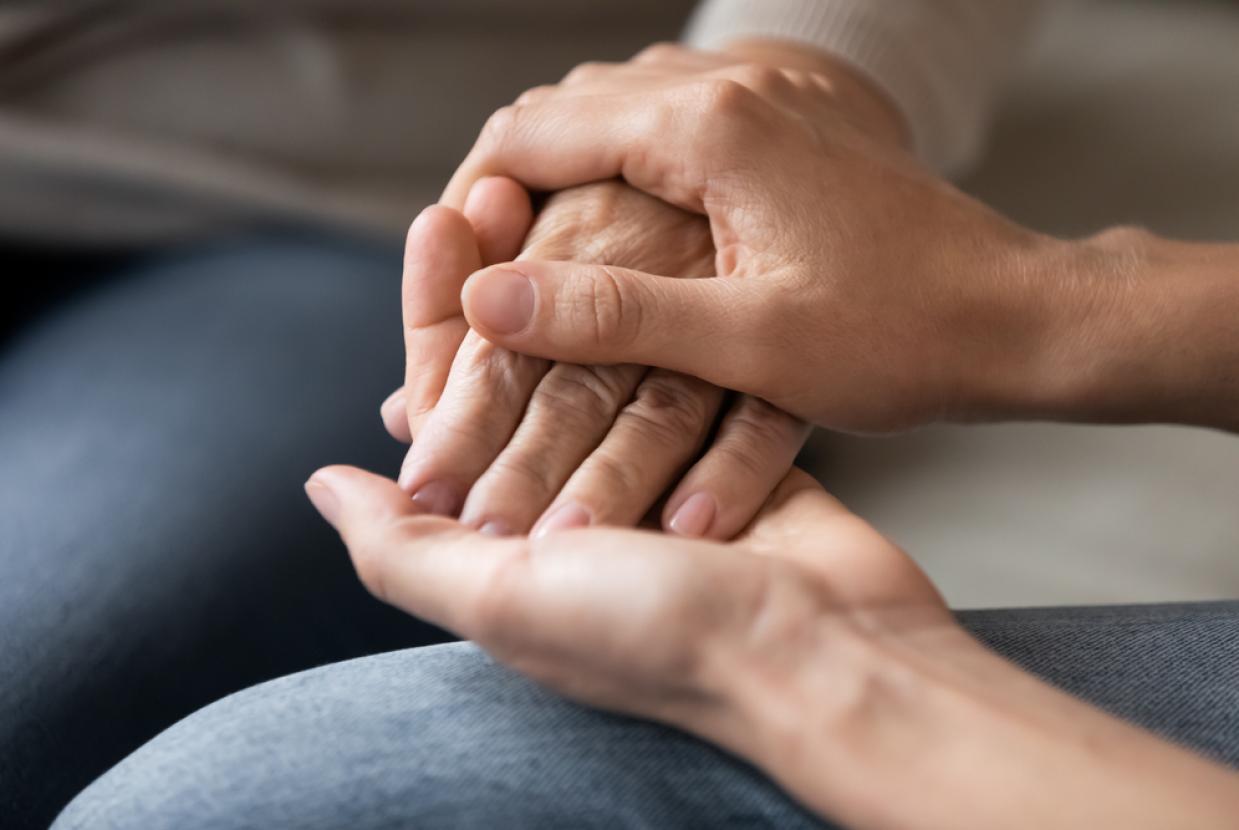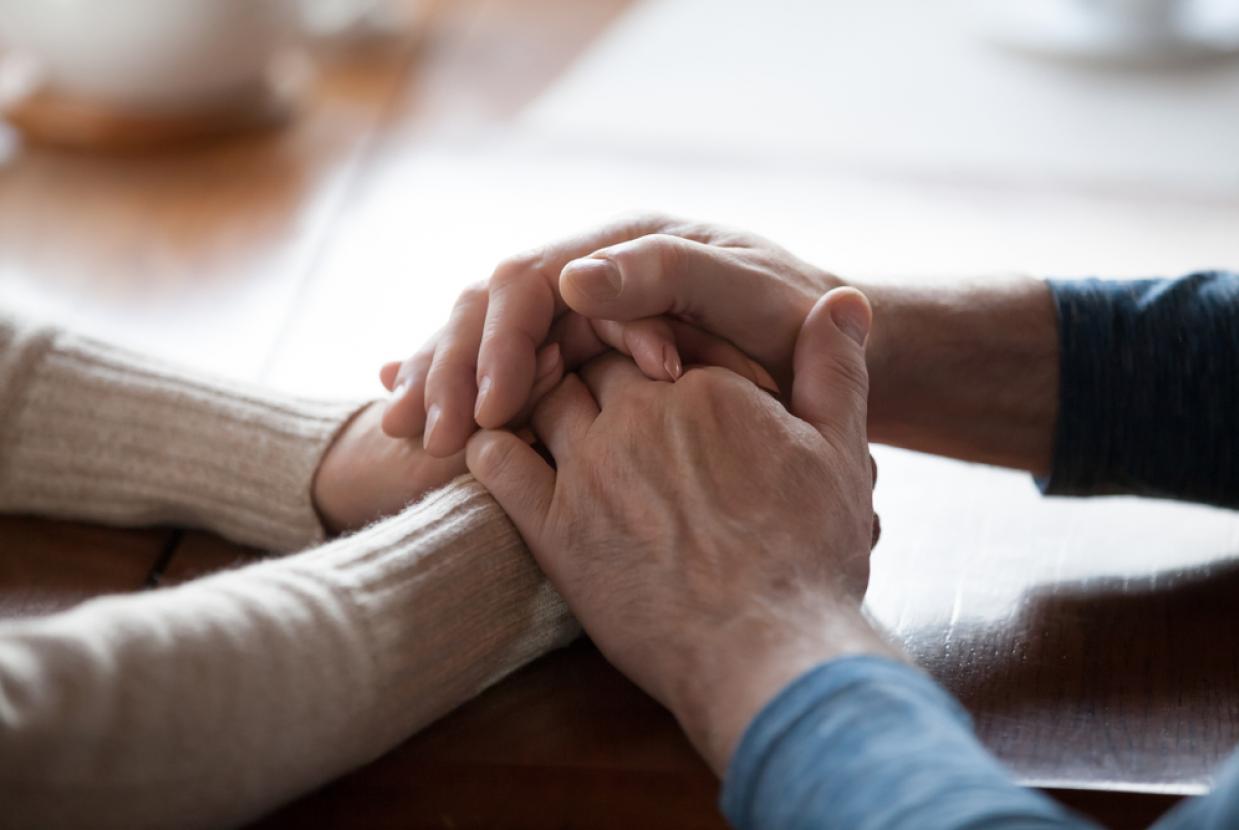Grief & Anxiety
While anxiety isn’t often recognised as a common reaction to grief, it's normal to find yourself feeling anxious or worried after a death.
Can grief cause anxiety?
Grief can make us feel like we’ve lost our sense of safety and control. It’s natural to feel anxious or worried about what might happen next or even to worry that we might lose someone else in future.
The period before or after someone dies is also very stressful. For those dealing with anticipatory grief due to terminal illness, you might also be living with a heightened sense of anxiety. Particularly if you’ve had to take on extra caring responsibilities.
What does anxiety feel like?
Anxiety can feel different for everyone, but common anxiety symptoms listed by the NHS include:
- A sense of dread
- Feeling “on edge”
- Difficulty concentrating
- Irritability
- Restlessness
Alongside these feelings, anxiety can also lead to physical symptoms including:
- Dizziness
- Nausea, stomach cramps and needing to go to the toilet
- Tiredness
- A noticeably strong, fast or irregular heartbeat (palpitations)
- Trembling or shaking
- Dry mouth
- Sweating
- Difficulty sleeping or staying asleep
When should I ask for help?
If you find your anxiety isn’t going away, it may be time to ask for help.
You can call the Cruse Helpline or contact us online using CruseChat to speak to a trained bereavement volunteer about how you’re feeling. You can also talk to GP about mental health support in your area. Talking therapy is also a proven method for dealing anxiety.
Techniques for dealing with anxiety
Talking to someone about how you’re feeling can help you cope with anxiety. But if you’re feeling very anxious right now, there are a number of techniques you can use to restore calm:
Writing down your thoughts
Writing down some of the reasons you’re feeling anxious can help you organise your thoughts and make them feel less overwhelming. Journaling and letter writing are also proven tools to help you cope with grief.
Practising square breathing
There are a number of different breathing techniques you can use to deal with anxiety. Square breathing involves breathing in through your nose for a count of 4, holding for a count of 4 and slowly exhaling for a count of 4.
5-4-3-2-1
This strategy helps you focus on your surroundings and guide your mind to the present. First name and acknowledge five things you can see, then four things you can touch, three things you can hear (this could be your breathing or the sound of a ticking clock), two things you can smell and, finally, one thing you can taste.
Talk to someone.
Talking to someone about why you’re feeling anxious can help you feel better. Reach out to friends and family about how you’re feeling. Here at Cruse, our trained bereavement volunteers can also help you make sense of your situation.







































